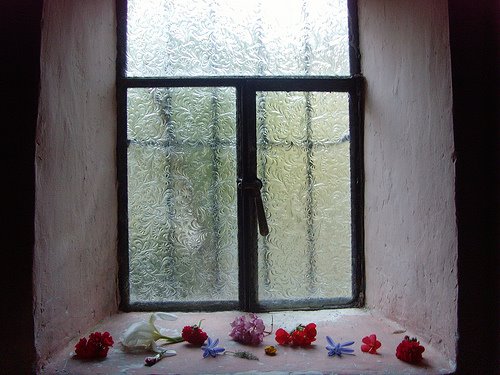"until philosophers rule as kings"
Thought One:
Considering my expertise in the matter, I would like to share a bit of insight into "pseudo-knowledge."
Pseudo-knowledge is the knowledge one attains by primary exposure to an idea or fact. Young people often mistake new additions as true erudition, much to the chagrin of any intellectual superiors who encounter them.
Pseudo-knowledge's deceptive power lies in the underestimated force of the person's previous ignorance. Because said person had absolutely no knowledge of given subject priorly, their knowledge has indeed increased some extreme percentage. But that's only because they knew nothing. The more one learns, the less sway pseudo-knowledge holds, as it takes exponentially more to cause such proportional increases in received data.
This pseudo-knowledge (consisting of random facts, names, or terms) can stem from school-classes, news-reports, overheard conversations, sermon illustrations, headlines... pretty much anywhere.
Pseudo-knowledge is not in itself bad. This intitial exposure is necessary for true education, provided that one recognizes it for what it is: a framework. I think it's like this: upon introduction to a new term, the brain creates a new file. The file's empty, save for it's name and any key terms. But the file is there, whereas before there was nothing! This is a big deal! So now, sitting in one's car eating a superlative Subway one evening, one hears a key-word mentioned on the news. ALERT! The brain scrambles to attentions, pops open that file, sharpens a figurative pencil, and begins taking notes. Those notes may include links to other brain-files and inclusions of tons more vocabulary. As the days progress and one's exposure increases, new files are opened and old files are stuffed full of data, until one can truthfully be called an expert, which is a whole nother phenomena I would love to know more about.
Knowledge... is beautiful like sunshining.
Thought two:
How funny is it that most people receive their only taste of "classical" music from the background scores in movies.
Thought three:
"They" say that one spends (or should spend) New Year's Eve the way one is going (or wants to) spend the rest of her year.
I am on the internet, researching William Carey, and writing in my blog, getting ready to go home and read my western-civ book.
Should I cry? Cause I'm really okay with this... and that's kinda scary.
Considering my expertise in the matter, I would like to share a bit of insight into "pseudo-knowledge."
Pseudo-knowledge is the knowledge one attains by primary exposure to an idea or fact. Young people often mistake new additions as true erudition, much to the chagrin of any intellectual superiors who encounter them.
Pseudo-knowledge's deceptive power lies in the underestimated force of the person's previous ignorance. Because said person had absolutely no knowledge of given subject priorly, their knowledge has indeed increased some extreme percentage. But that's only because they knew nothing. The more one learns, the less sway pseudo-knowledge holds, as it takes exponentially more to cause such proportional increases in received data.
This pseudo-knowledge (consisting of random facts, names, or terms) can stem from school-classes, news-reports, overheard conversations, sermon illustrations, headlines... pretty much anywhere.
Pseudo-knowledge is not in itself bad. This intitial exposure is necessary for true education, provided that one recognizes it for what it is: a framework. I think it's like this: upon introduction to a new term, the brain creates a new file. The file's empty, save for it's name and any key terms. But the file is there, whereas before there was nothing! This is a big deal! So now, sitting in one's car eating a superlative Subway one evening, one hears a key-word mentioned on the news. ALERT! The brain scrambles to attentions, pops open that file, sharpens a figurative pencil, and begins taking notes. Those notes may include links to other brain-files and inclusions of tons more vocabulary. As the days progress and one's exposure increases, new files are opened and old files are stuffed full of data, until one can truthfully be called an expert, which is a whole nother phenomena I would love to know more about.
Knowledge... is beautiful like sunshining.
Thought two:
How funny is it that most people receive their only taste of "classical" music from the background scores in movies.
Thought three:
"They" say that one spends (or should spend) New Year's Eve the way one is going (or wants to) spend the rest of her year.
I am on the internet, researching William Carey, and writing in my blog, getting ready to go home and read my western-civ book.
Should I cry? Cause I'm really okay with this... and that's kinda scary.


